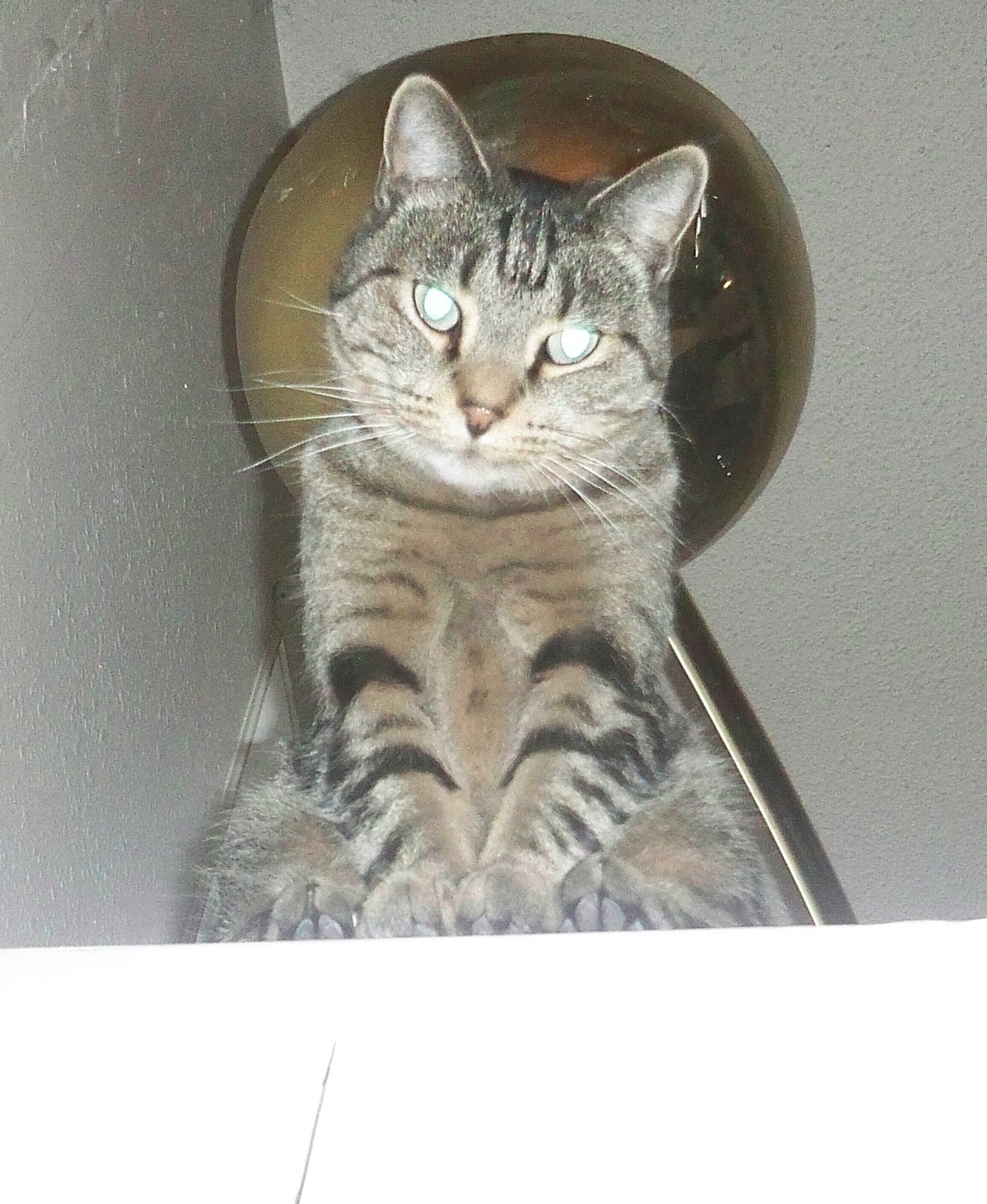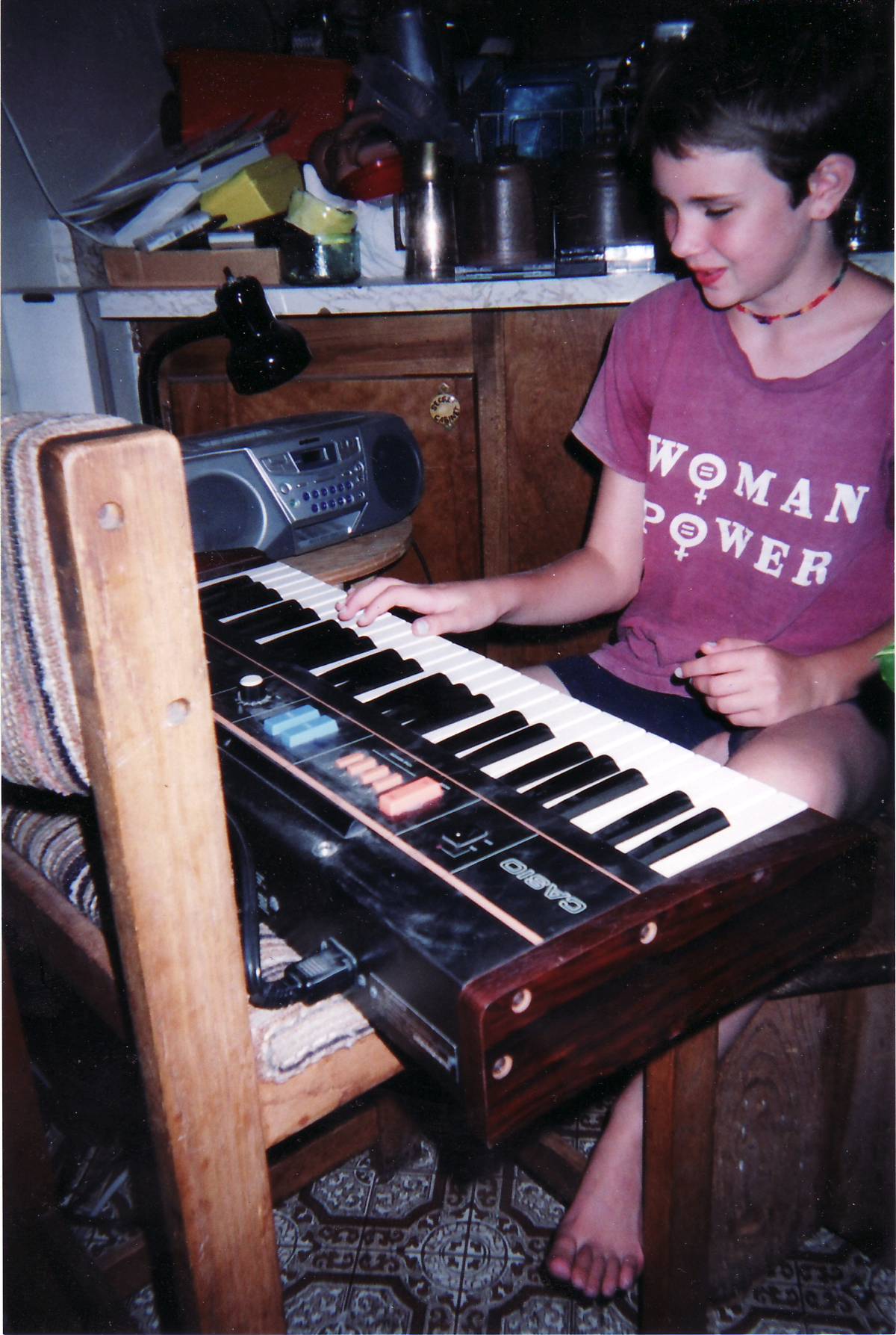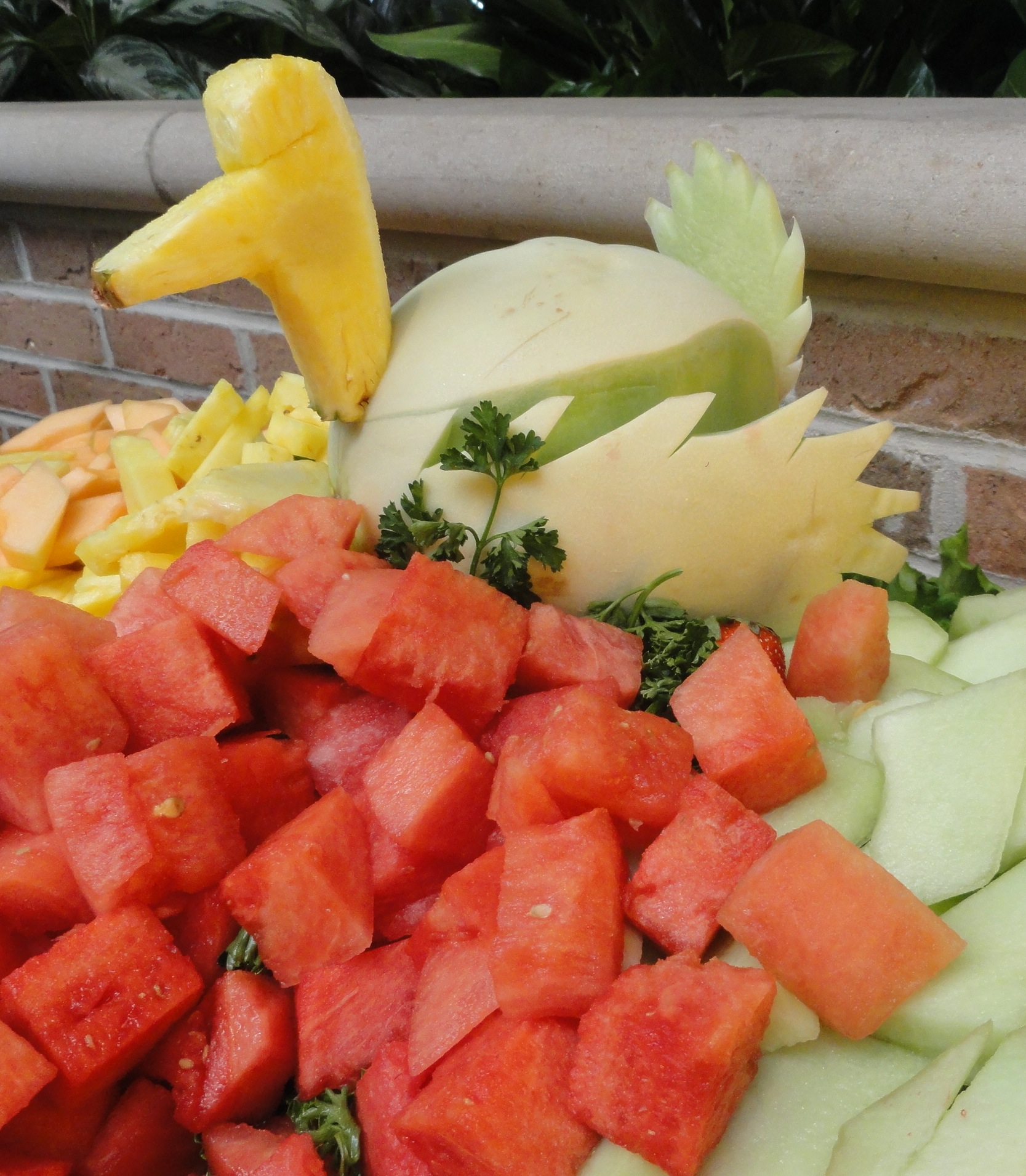There is no topic or subject or pursuit that doesn't connect to or consist of art. Here's a linguistic example: "Artificial" once meant magnificently lifelike or cunningly wrought. It wasn't an insult until fairly recently (in linguistic time, which is slower than human time, but not as slow as geological time). I find beauty in the forms and histories of words.
For flat art, you can look at paintings, photographs and graphics at art.com (and buy prints or posters if you want). For things for children to play with (children, teens or adults), there are many links here: SandraDodd.com/art (interactive online, or physical fun at home).
I hope readers will contribute to a list of places to look for art, or things to see as art. I will name five and give links. Please leave a blog comment, if you wish, and name as many or as few as you like, with or without links. If you want to create a clickable link, directions are here: SandraDodd.com/hotlink. I wrote them myself, so don't be afraid. It's pretty easy.
My five:
the dashboards of cars
water
snacks
holiday adornment
game boards
__



















